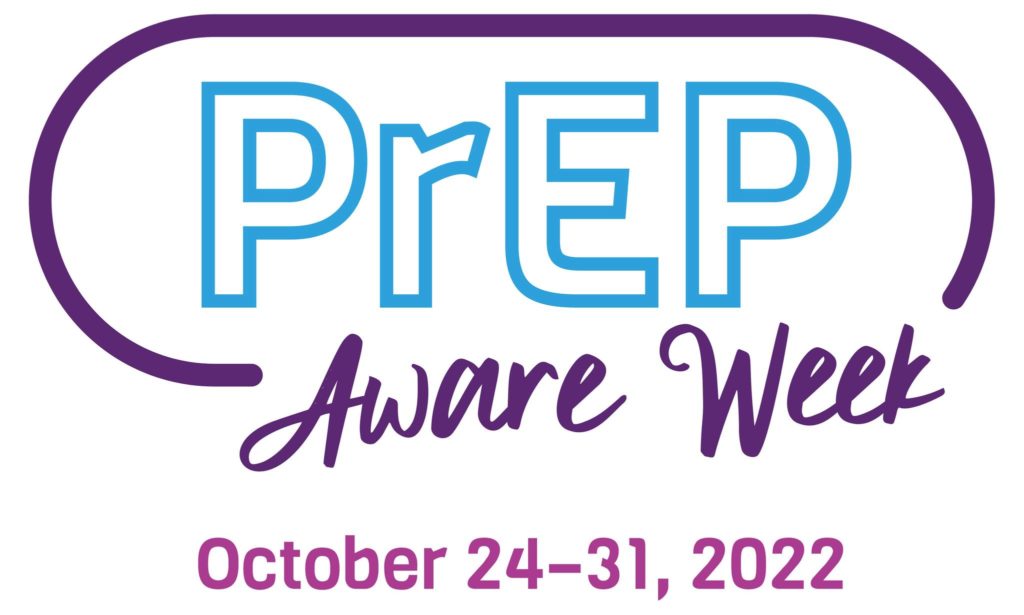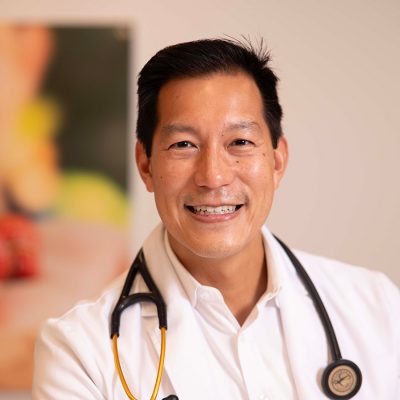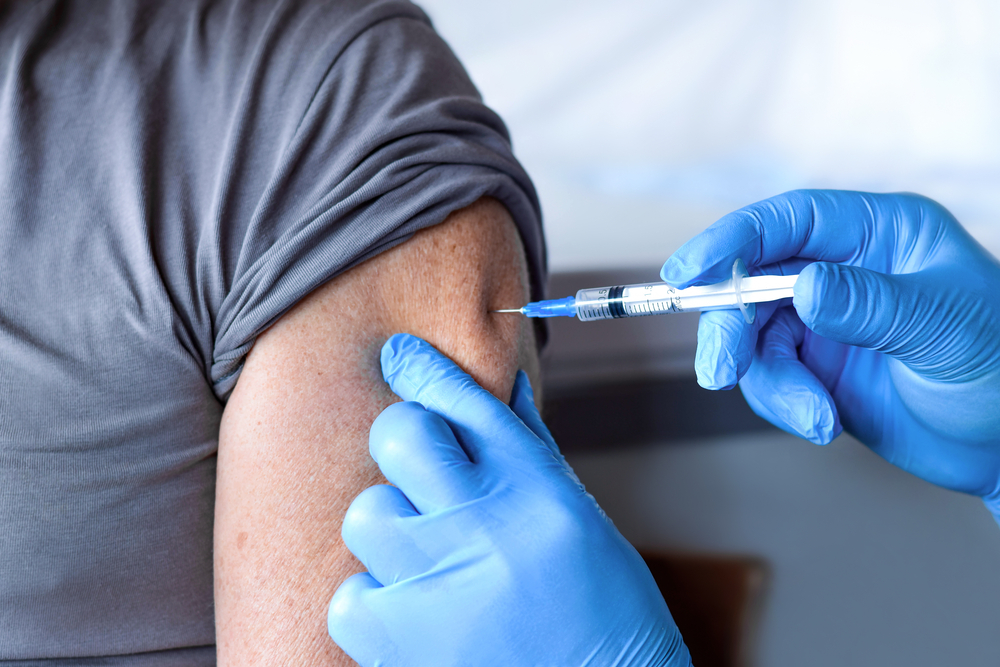The Fight Against HIV
PrEP, which stands for pre-exposure prophylaxis, has been a game changer in the fight against HIV.
The pill has been shown to be up to 99 percent effective in preventing HIV. Yet, earlier this month, a federal court judge in central Texas ruled in favor of a Christian-owned company that argued that the Affordable Care Act’s requirement that insurers and employers offer plans that cover PrEP “forces religious employers to provide coverage for drugs that facilitate and encourage homosexual behavior, prostitution, sexual promiscuity and intravenous drug use.”
In spite of the controversy, the HIV Care and Prevention Team at Open Door Family Medical Center knows how beneficial PrEP can be. They see the impact firsthand, dispensing information on the availability of such lifestyle medications as PrEP and Post-Exposure Prophylaxis (PEP) to patients.
While these medications may not be for everyone, said the specialists, educating patients about them is essential. PrEP is for patients who are HIV-negative and at high risk for being exposed to HIV through sexual contact or injection drug use. Patients using Prep take a single oral pill daily, under brand names Truvada® or Descovy®, or an injection, brand name Apretude®. Meanwhile, PEP is for patients who have had sex with a partner they are concerned might have HIV. They must start taking the pill within 72 hours of the exposure for 28 days.
PrEP, said Karin Palencia-Lua, manager of the HIV Prevention unit at the Open Door, is used by people of all sexual orientations and genders – young and old, gay and straight, all races and cultures. This includes people in long-term monogamous relationships who take the pill because their partner has HIV and want extra protection, and those who want control over their health rather than relying on others. All patients can be tested and receive care and treatment for HIV at Open Door, regardless of their insurance status.
“We tell patients that nowadays they can live a long, healthy and normal life as long as they take care of themselves by remaining engaged in care,” said Palencia-Lua. “They don’t have to hold off getting tested for fear of a positive result. Nor, at the same time, should they think that they can continue to practice risky behaviors and not test positive. Today, HIV/AIDS is a chronic illness, not a death sentence – although court decisions like the one in Texas can chill the progress that has been made over the years for people living with HIV.”
Programs, like those at Open Door, work hard to overcome the public’s stigma of HIV and take pride in treating the “whole” patient.
“We treat our patients holistically, looking into co-occurring conditions like diabetes or hypertension and having them meet with a dietitian and other specialists to treat the different conditions affecting them,” said Palencia-Lua. “If they have food insecurity, for example, we make sure they have access to needed services.”
For more information or to make an appointment with Open Door’s HIV services, call 914-406-8207.




